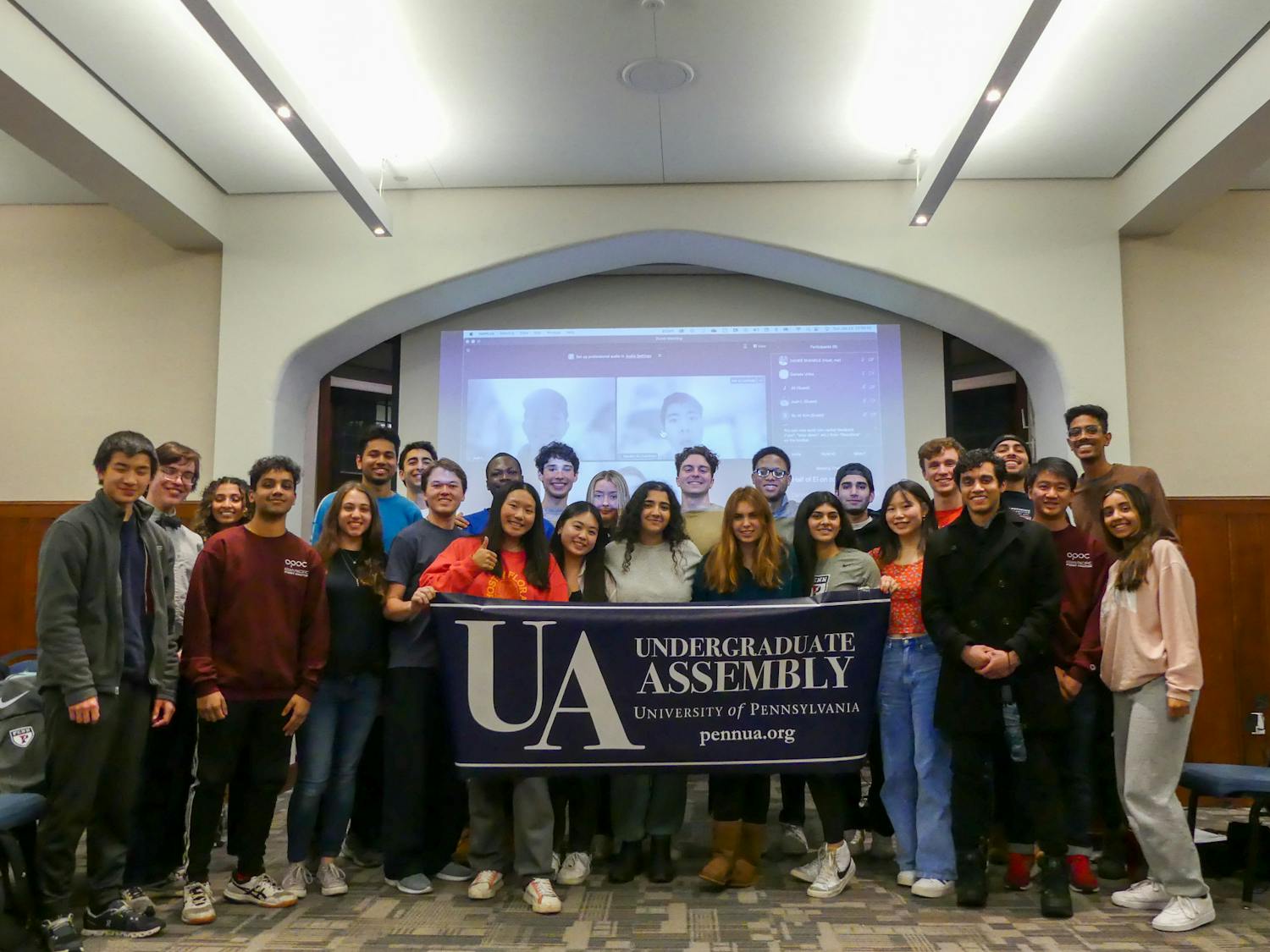In the era of rampant “fake news” and “alternative facts,” now more than ever we have a moral obligation to seek truth to inform our dissent.
The purpose of this article is to show that misconceptions matter, and to use the refugee issue as an illustration. This is a call to action; a call for us to actually understand the issues we protest. We ought to not experience a knee-jerk, sensationalist opposition to a policy, simply because of who signs it.
As a Christian, I believe God calls me to care for orphans and widows, to help the poor and to love the “least of these.” This belief is woven into America’s moral fabric, with the Statue of Liberty asking the world for, “Your tired, your poor, your huddled masses yearning to breathe free.” As a nation, some of our greatest failures occurred when we did not live up to this creed, such as failing to shelter European Jews during the Holocaust.
Yet our care for others must be balanced with our government’s primary purpose, which is to protect its own citizens. Of course, there is nothing wrong with vetting immigrants before they enter; it would be irresponsible not to. While America’s vetting system is among the toughest and most sophisticated in the world, many officials have gone on the record saying it needs to be strengthened.
To be clear, there are plenty of reasons to dislike the President’s recent executive order. Senators John McCain (R-Ariz.) and Lindsey Graham (R-S.C.) criticized several practical elements such as the sloppy rollout. There are also major security concerns such as the exclusion of arguably more dangerous countries from extreme vetting.
Have Penn students engaged this issue with intellectual rigor? Did we read the full text of the executive order before rushing to the Philadelphia airport to protest? I want to address just some of the misconceptions I have come across in my conversations with friends.
On the #MuslimBan, it is true that the seven countries specified in the EO are majority-Muslim. However, the Obama Administration had singled out these exact countries as “countries of concern,” or as PolitiFact puts it, “terrorist hotbeds,” which was approved by 165 Democratic members of Congress. While perhaps ineffective policy, choosing these seven was not inconsistent, or as some claim, nefarious. It also should not be controversial to prioritize persecuted minorities in the admission process.
On the principle of banning refugees, Obama placed a six-month ban on Iraqi refugees in 2011, including those “who had heroically helped U.S. forces as interpreters and intelligence assets.” While Obama’s policy and Trump’s are significantly different, if you have a singular moral issue with banning refugees, I hope you also took to the streets in 2011.
Finally, the Syrian Civil War began in 2011. By the end of 2014, there were over 3 million Syrian refugees. Here are the numbers of Syrians that President Obama allowed in during these years:
Fiscal Year 2011: 29
FY 2012: 31
FY 2013: 36
FY 2014: 105
That’s an average of 50 per year. I truly hope my friends with a passion for refugee awareness did not wait until a Republican took office to begin sharing pictures of bloodied Syrian children.
To be sure, President Obama dramatically raised the numbers on his way out the door in 2015 and 2016. But let’s be clear: Trump temporarily returning the number to zero is far closer to Obama’s own precedent than Obama’s remarkable spike in his final days.
As for the 120-day suspension of refugee admissions, this is a temporary measure before allowing a cap of 50,000 refugees per year. Again, this number is far closer to the 15-year average before Obama’s radical expansion.
I am not defending the President’s policies. As a Christian, I feel a moral obligation to welcome refugees and I share the bipartisan concerns mentioned above. The administration should immediately roll back certain flaws in the policy, especially as it pertains to green-card holders, our international students and others.
If your heart breaks for refugees, I urge you to get involved with civic organizations. My church, City Church Philadelphia, serves local refugee resettlement programs, and I can connect you with friends who do the same.
The time for virtue signalling and performative protests are over. Is your disagreement with the President over his immigration policy? Examine the evidence. Check the trends. You may find he is closer to the norm than many think. And my hope is that we each do this with every controversy that we disagree with in the future.
Be consistent, and let us not make the mistake of distrustful partisanship which causes us to assume the worst. Be radical in your love, realistic in your policies and rational in your dissent.
TAYLOR BECKER is a College senior from Lebanon, Ore., studying political science. His email address is tabe@sas.upenn.edu. “Right Angles” usually appears every other Wednesday.









